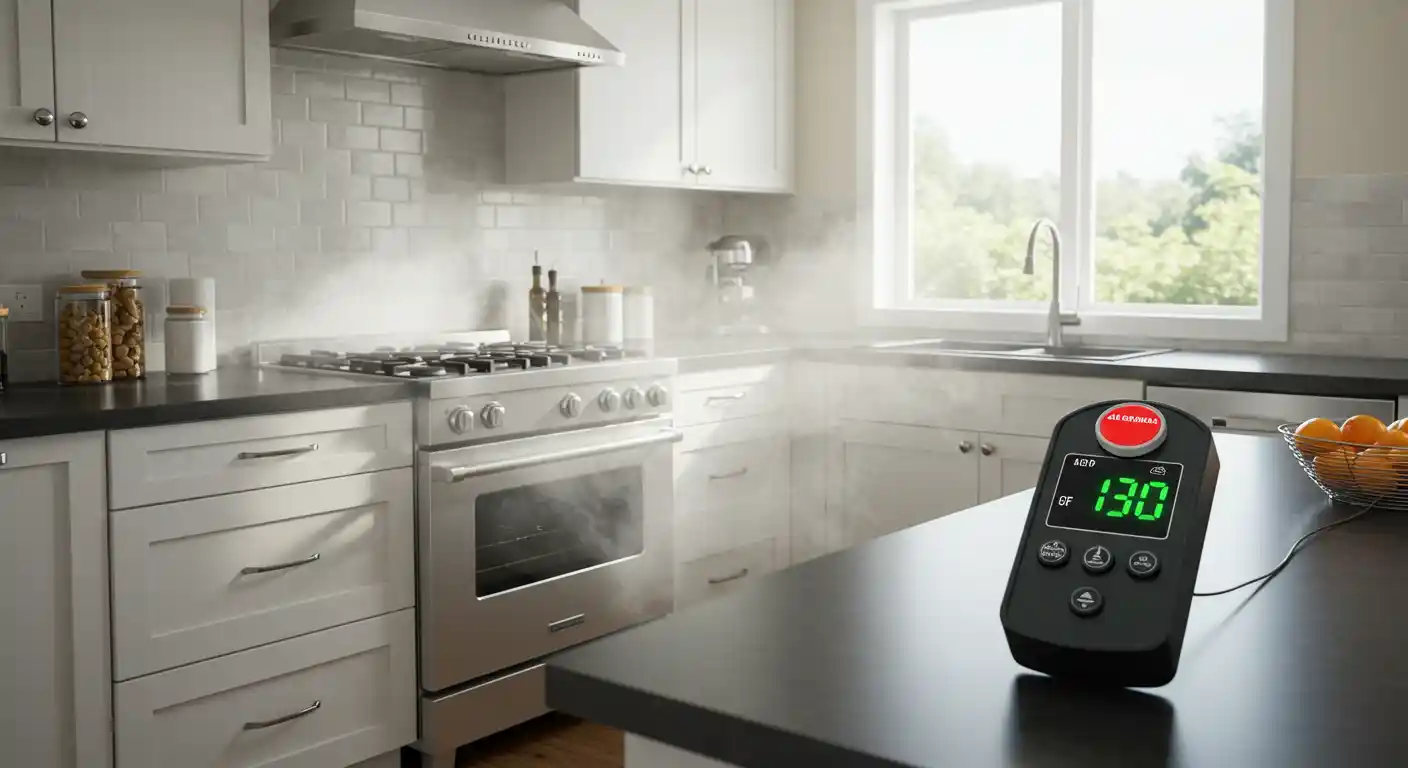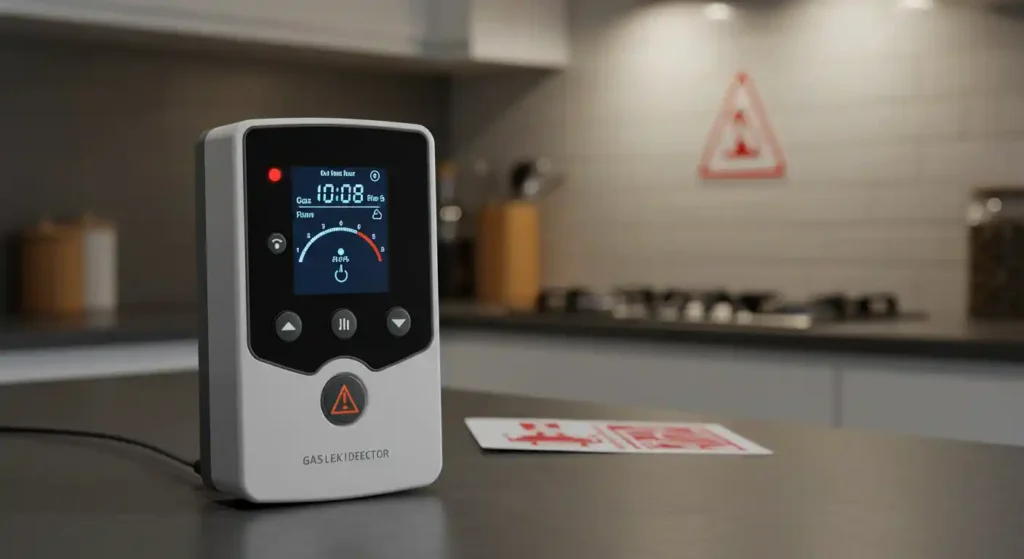
How to detect a gas leak in your home
A gas leak inside your home is not just a small problem. It can be a serious danger to your health and safety. Natural gas is often used for heating, cooking, and hot water, but it is also highly flammable. If it leaks into the air inside your home, it can cause health problems, fires, or even explosions.
It is important to know how to detect a gas leak the right way. This guide explains the warning signs to look for, common gas leak symptoms, how to safely test for a leak, and what steps to take if you think there is one.
What Causes a Gas Leak?
Gas leaks can happen for several reasons:
- Old or damaged gas lines that have corroded over time
- Loose fittings or joints that weren’t installed properly
- Faulty appliances like ovens, stoves, or heaters
- Accidental damage during construction or renovations
These issues often develop slowly. If you don’t regularly check your gas lines and appliances, you may not notice a problem until it becomes serious.
Common Gas Leak Symptoms in Homes
You don’t have to be an expert to notice a gas leak. Your body and senses will often give you early warnings. Here are some gas leak symptoms to be aware of:
- A strong smell like rotten eggs (this smell is added to natural gas on purpose)
- Feeling dizzy, tired, or nauseous when inside the house
- Headaches that go away when you leave home
- Breathing issues or a tight feeling in the chest
- Sudden nosebleeds or eye irritation without a clear reason
- Pets acting strangely or appearing sick
Even one of these signs can indicate something is wrong.
How to Test for a Gas Leak
If you suspect a gas leak, don’t panic, but act quickly. One of the first things you can do is a simple test using soap and water:
- Mix a bit of dish soap with warm water in a spray bottle.
- Spray the solution on suspected pipe joints, valves, or appliance connections.
- If bubbles form and continue to grow, gas may be escaping from that spot.
This DIY test is helpful for identifying surface-level leaks, but it does not replace a professional assessment.
Use a Gas Leak Detector
For added safety, consider using a gas detector device. These tools can continuously check the air for gas levels and alert you with a loud sound if levels become unsafe. They’re especially useful in:
- Kitchens
- Boiler rooms
- Near furnaces and water heaters
- Basements with gas lines

Installing a detector gives you early warning, often before you notice any smell or health symptoms.
How to Find the Source of the Leak
Finding the exact location of a gas leak is critical. If your soap test reveals bubbles in one area, that’s a strong clue. However, if nothing is obvious, look and listen around:
- Appliance connections
- Pipes behind your stove or heater
- Outdoor meters or underground lines
Sometimes, you may need a professional with specialised equipment to find hidden leaks, especially if the leak is small but persistent.
Understanding the Difference Between Leaky Pipes and Serious Leakage
Not all leaks are equal. A single leaky connection might only release a small amount of gas, while a large leakage in a central pipe could fill your home with flammable gas in minutes. Here’s the difference:
- Leaky joint or valve: This may go unnoticed for a while, but it is still dangerous over time.
- Severe leakage: Rapid gas build-up, noticeable smell, louder sounds, immediate health symptoms.
Every leak must be taken seriously, no matter how minor it may seem.
What to Do If You Suspect a Gas Leak
If you believe there is a gas leak in your home, follow these safety steps immediately:
- Turn off the gas supply at the main valve if it’s safe to do so.
- Open all windows and doors to allow fresh air inside.
- Leave the house immediately and get your family to a safe location.
- Avoid using phones, lights, or anything electrical inside the house.
- Call your gas supplier or emergency services once you’re outside.
Never try to fix a gas leak yourself unless you’re trained and licensed.
Preventing Gas Leaks in the Future
Prevention is the best defence. Here’s how you can reduce the risk:
- Get gas appliances professionally installed and serviced
- Schedule yearly inspections of all gas systems.
- Replace old or corroded pipes as needed.
- Install carbon monoxide and gas leak detectors in key areas.
- Keep all vents and flues clean and unblocked.
Regular checks can stop small problems from turning into major hazards.
Conclusion
Gas leaks are dangerous, but they’re also preventable with the right knowledge and precautions. Learn to recognise early signs, respond quickly, and never ignore your body’s warning signals. A simple check or test can save lives.
If you ever suspect a leak, don’t take chances. Open the windows, leave the home, and call a professional plumber for help. Your safety and your family’s well-being come first.



